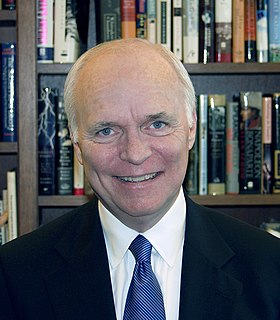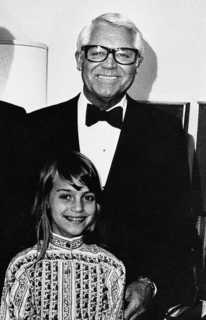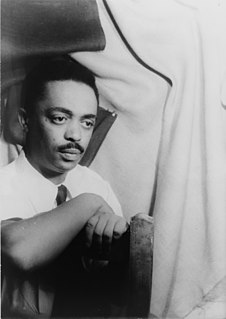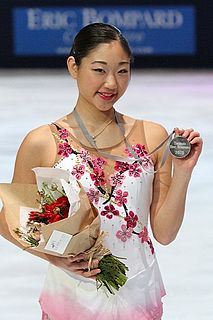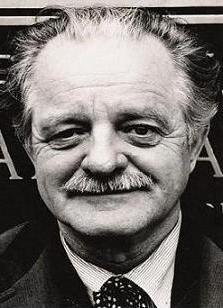A Quote by Jiang Zemin
You are very familiar with Western ways, but you are too young. You go everywhere to follow the big news, but the questions you ask are too simple -- sometimes naive.
Related Quotes
Simple. Pared down. Timeless. The ties were never too thick or too thin; the pants were never too flared or too skinny. In my life with Dad, he wore Western apparel because we went riding - jeans, cowboy boots, the turquoise belt buckle. But it was all very simple, and that classic look is very 'Ralph Lauren.'
But, as potentially the first African American first lady, I was also the focus of another set of questions and speculations; conversations sometimes rooted in the fears and misperceptions of others. Was I too loud, or too angry, or too emasculating? Or was I too soft, too much of a mom, not enough of a career woman?
The complexities of adult life get in the way of the truth. The great philosophers have always been able to clear away the complexities and see simple distinctions - simple once they are stated, vastly difficult before. If we are to follow them we too must be childishly simple in our questions - and maturely wise in our replies.

